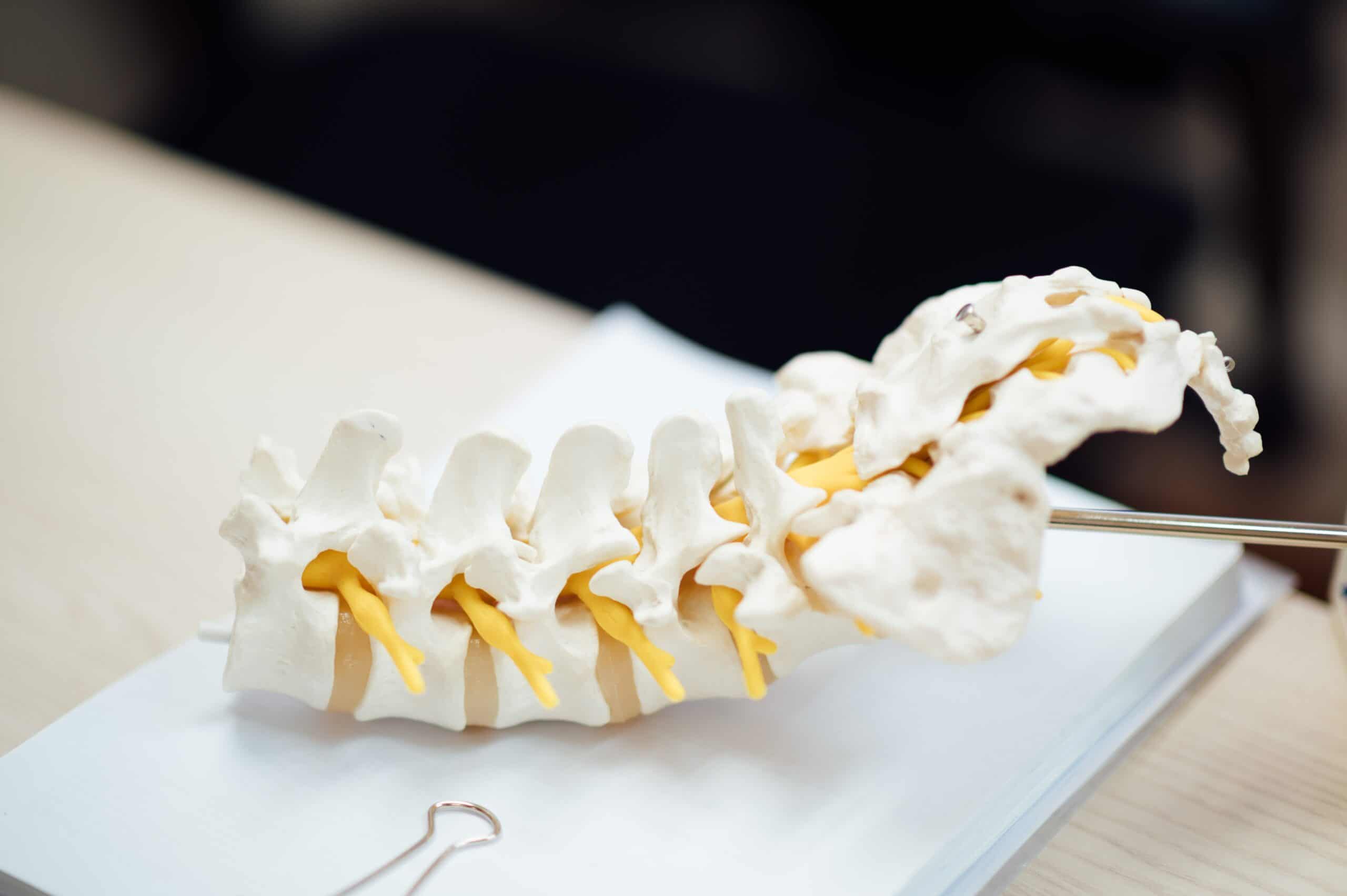
02 Jan Chiropractic and Home Care for Your Pinched Nerve
A pinched nerve can cause symptoms that make you feel miserable. Fortunately, there’s a lot you can do to boost your body’s healing process.
We’re here to help you at Eastern Oklahoma Chiropractic with a diagnosis, treatments, and some self-care tips to get you feeling better soon!
What is a Pinched Nerve?
Nerve pathways carry signals between your body and brain via your spinal cord. Sometimes a nerve gets compressed by nearby tissues.
This pressure may cause numbness, tingling and pain in areas of the body affected by that nerve. A pinched nerve may also produce muscle weakness or the feeling that your body part has “fallen asleep.”
Commonly, pinched nerves originate in your neck and back. You can also get them in your elbow, wrist or hand.
For example, herniated spinal discs may press on nerves, producing sciatic pain down the leg. Or a pinched nerve in your wrist can cause carpal tunnel syndrome.
In most cases, pinched nerves get better with conservative, noninvasive treatments.
Causes of Pinched Nerves
Anyone can get a pinched nerve, although your risks go up with age. Damage from wear and tear on your spine can cause spinal discs to lose their cushioning ability, leading to nerve compression.
Other conditions that may compress nerves include:
- Injuries
- Osteoarthritis, which can cause nerve-compressing bone spurs
- Rheumatoid arthritis, which produces inflammation
- Herniated discs
- Being overweight
- Diseases such as diabetes that damage nerves
- Repetitive activities that inflame nerves
- Poor ergonomic practices
- Pregnancy
Chiropractic Care for Pinched Nerves
Getting treatment for your pinched nerve may help relieve discomfort more quickly than waiting it out. Resolving the compression helps reduce the possibility of permanent nerve damage and chronic pain.
Often, spinal misalignments contribute to pinched nerves. When your spine isn’t aligned properly, bones, muscles and other tissues can move out of place and push against nerves.
Treatments from your chiropractor may include spinal adjustments, massage therapy, and exercises to stretch and strengthen muscles. Spinal adjustments address the source of the problem by restoring alignment, and removing pressure from the nerve. An aligned spine can also minimize the risk of future pinched nerves.
Prevention and Home Care
You can help a pinched nerve heal and reduce future risks with good home care and lifestyle practices:
- Get plenty of rest: Sleep enables your body to repair itself.
- Stay at a healthy weight to reduce pressure on nerves.
- Do low-impact aerobic exercise to safely maintain mobility.
- Promote flexibility with gentle stretching, massage, and yoga.
- Reduce time spent on repetitive tasks and take frequent breaks.
- Maintain good posture to avoid aggravating or causing pinched nerves.
- Practice good ergonomics. For instance, hold your smartphone at eye level to prevent neck pain and misalignments.
- Keep moving and avoid prolonged sitting. Try not to sit with legs crossed, which compresses leg nerves.
- Alternate ice and heat several times daily to improve circulation and reduce swelling and inflammation.
- Avoid: repetitive or sudden movements, high impact exercise, and heavy lifting.
Regular chiropractic care works together with your healthy lifestyle habits to maximize your health potential!
Book Your Complimentary Consultation at Eastern Oklahoma Chiropractic
Begin your pain relief today by calling our Broken Arrow office at 918-940-4630.

